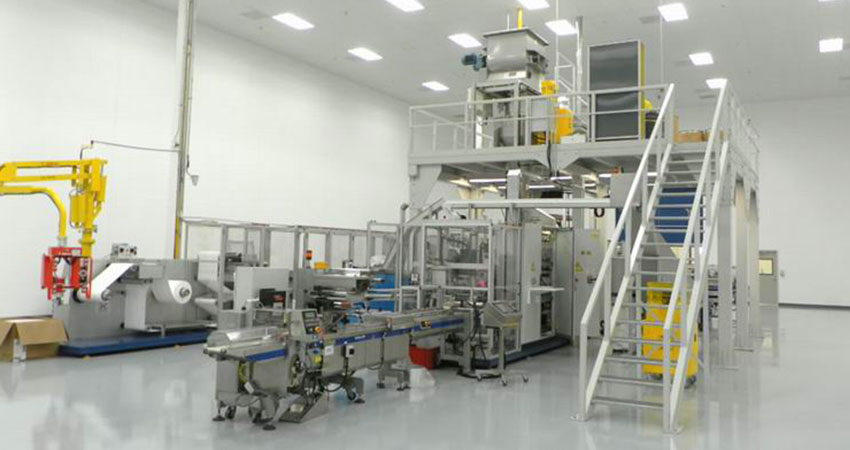A Cloostermans machine, now part of Amazon (company photo)
Amazon is acquiring Cloostermans, a privately held Belgian company dating back to 1884 that makes robotic systems for moving heavy items like stacked pallets and totes to stage products for delivery, for which it had been a customer for some time, with plans to further enhance the technology.
Like the 2012 acquisition of Kiva Robotics, the deal means that Cloostermans will service its existing contracts before the technology is pulled off the market for Amazon’s sole internal use. Since then, the company said, it has deployed 520,000 robotic drive units worldwide. Terms of the Cloostermans deal were not disclosed.
Cloostermans specializes in an automation technology called “mechatronics.” According to Wikipedia, mechatronics “integrates mechanical, electronic and electrical engineering systems, and also includes a combination of robotics, electronics, computer science, telecommunications, systems, control, and product engineering.”
The company’s 200 employees will become part of Amazon’s global robotics group, including a European innovation center that opened in Italy last year.
“We’re thrilled to be joining the Amazon family and extending the impact we can have at a global scale,” said Frederik Berckmoes-Joos, CEO of Cloostermans in a blog post. “Amazon has raised the bar for how supply chain technologies can benefit employees and customers, and we’re looking forward to be part of the next chapter of this innovation.”
In June, Amazon announced its first autonomous mobile robot (AMR) called Proteus, a next-generation version of Kiva designed to move wheeled carts around its fulfillment and sortation centers. Unlike Kiva bots, they are not limited to restricted areas but can work and move among associates.
It’s unclear what kinds of categories Cloostermans’s mechatronics will be used for, i.e., if it will be limited to general merchandise or available for perishables like food and beverage. Amazon clearly saw the value of building out this type of technology in house to expand the ability to optimize movement of large quantities of product within its facilities.
On the other end of the robotic scale, Amazon’s recent purchase of iRobot with its Roomba smart vacuum cleaner has raised the usual privacy concerns. This has led to an investigation by the Federal Trade Commission, which is looking at that deal in combination with Amazon’ acquisition of One Medical, according to Politico.

